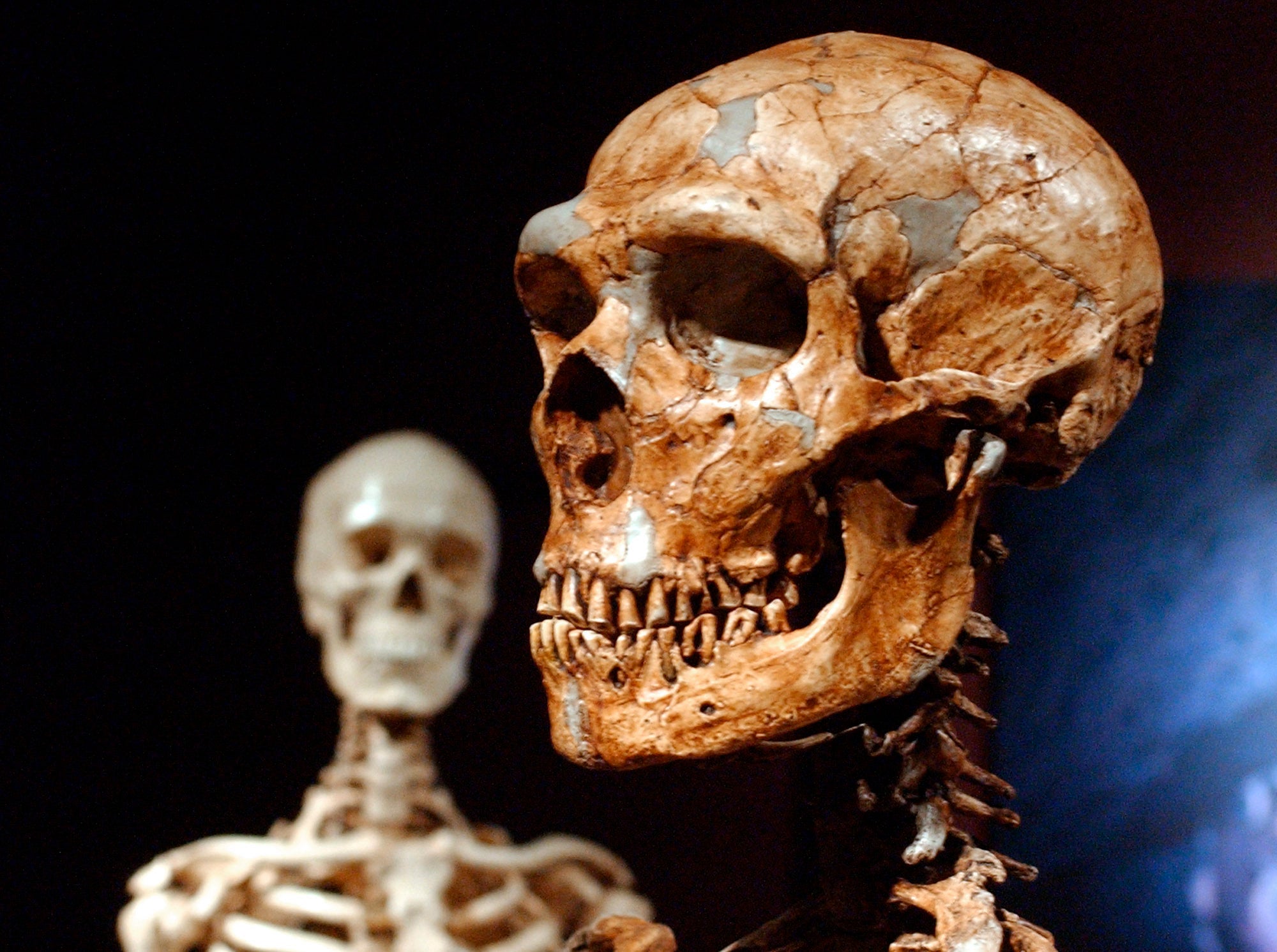Early riser? You could have Neanderthal DNA
Those who wake up early are likely to share the same gene variant as Neanderthals
People who go to bed early and wake up early are likely to share the same DNA as Neanderthals and another extinct relative, research suggests.
The University of California in San Francisco study compared genes related to early-rising from people alive today and DNA from Neanderthals and the Denisovan to spot the pattern.
By using a UK-based database that holds genetic, health and lifestyle information on half a million people, it found those with the same early-rising variants as Neanderthals had self-reported their preference for waking up early.
“We’ve found many Neanderthal variants that consistently associate with a propensity for being a morning person,” said Tony Capra, an evolutionary geneticist at the University of California, San Francisco.
Dr Capra explained many modern humans probably carry the Neanderthal gene because it helped their ancestors adapt to life at higher altitudes in northern Europe.
“We don’t think that being a morning person is actually what was beneficial. Rather, we think it is a signal of having a faster running clock that is better able to adapt to seasonal variation in light levels,” he said.
“At higher latitudes it is beneficial to have a clock that is more flexible and better able to change to match the variable seasonal light levels.”

Professor Mark Maslin, of University College London, who was not involved in the study, told the Guardian: “Now we have genetic evidence that some of us really are morning people.
“When humans evolved in tropical Africa, the day lengths were on average 12 hours long. Now hunter gatherers spend only 30% of their awake time collecting food, so 12 hours is loads of time.
“But the further north you go, the shorter and shorter the days get in winter when food is particularly scarce, so it makes sense for Neanderthals and humans to start collecting food as soon as there is any light to work by.”
Homo sapiens migrated from Africa to Eurasia about 70,000 years ago where they encountered Neanderthals, who had already adapted to life in the colder climate.
Neanderthals and Denisovans lived for hundreds of thousands of years, hunting game and gathering plants, before disappearing from the fossil record about 40,000 years ago.
Join our commenting forum
Join thought-provoking conversations, follow other Independent readers and see their replies
Comments
Bookmark popover
Removed from bookmarks